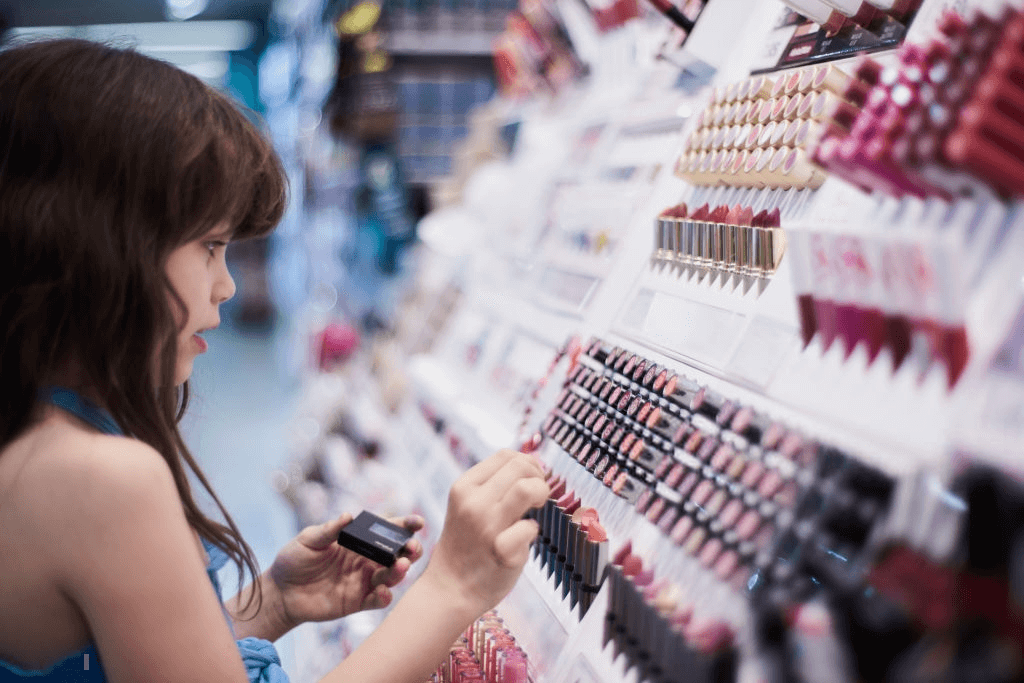Everyone wants to look good. This is the main reason why there is a wide variety of cosmetics products available on the market for consumers to choose from. You buy beauty products to add colours and glamour to your life.
Cosmetics are part of our daily lives, especially to the ladies, but there are certain things you need to consider before buying. Take these into consideration the next time you shop for cosmetics.
Ingredients
Check out the list of ingredients. This may be the most important thing you need to consider when buying choosing and cosmetics products.
These days there are a lot of new cosmetic manufacturers that are creating amazing beauty products. Your job as a consumer is to make sure their products do not contain ingredients that can harm you.
Some ingredients you may want to avoid are:
- BHT
- BHA
- Paraben
- Toluene and
- Any other irritants
If you have sensitive skin, it is a good idea to avoid cosmetics that contain alpha hydroxy acid.
The best anti-ageing ingredients to look for are:
- Alpha Lipoic Acid
- Biotin
- Caffeine
- Ceramides
- Coenzyme Q10
- Green Tea
- Hyaluronic Acid
 Brand
Brand
You have to make sure that the OEM cosmetic manufacturer you choose has the beauty products you are looking to purchase. The manufacturer and the brand should use quality ingredients that will not harm your skin.
Don’t buy cosmetics based on the price, go for products that are manufactured by good reputation in the industry.
Check the OEM cosmetic manufacturer to make sure that their cosmetics are safe for your skin, they are cruelty-free, and they had been tested for delivering great results.
Your Skin Type And Tone
It is important to know your skin tone and type before buying cosmetics. You should also check for any skin allergy reaction to any of the ingredients used in the beauty product.
Here it is a quick guideline to know the type of your skin.
Normal Skin
A well-balanced skin is called normal. It is neither too oily nor too dry. You can identify normal skin if:
- You have fine pores
- The texture of your skin is soft and smooth
- No blemishes, acne or breakouts
- You have good circulation
- Your skin tone is uniform
- You don’t have sensitive skin
Just keep in mind that with age, your normal skin can become drier.
Dry Skin
If your skin produces less sebum than normal skin, you have dry skin. This type of skin does not retain moisture and it feels tight and looks dull.
When you get older, your skin becomes drier. This is mostly caused by losing water.
If your skin is dry you will need:
- A good moisturizer with amino acids and lactic acid; and
- Epidermal lipids such as ceramides, and fatty acids.
You have dry skin if:
- Your skin is rough
- It itches
- You have calluses
- It tends to crack
Oily Skin
Oily skin produces more sebum than normal skin. This excessive production is known as seborrhea. Your skin looks glossy and your pores are visible.
You have oily skin if:
- You have large visible pores
- Your skin is shiny
- You have a thicker, pale skin.
Oily skin is more likely to produce acne, blackheads, and pimples. They can appear in your face, back, and chest.
Combination Skin
This type of skin combines oily and dry skin. Most of the time, the T-zone is oily while the cheeks are dry.
Reviews
These days it’s easy to read reviews and experience of users. Just do a quick search online.
Make sure you buy cosmetics that have positive feedback. When you read reviews, you will know how to use the product and what results you can expect after using it.
Although it is important to read the experience of previous users, don’t forget to read the label carefully to know the suggested use, warranty, and expiry dates. This information is often given by the OEM cosmetic manufacturer to help you use the product the proper way.
In A Nutshell
Before buying a cosmetic product, you need to know exactly what ingredients are the right ones for your skin type and tone. Avoid any ingredient that could irritate your skin, especially if you have sensitive skin.
Happy shopping!
It is important to know who the cosmetic manufacturer is, to make sure they have a good reputation, and their beauty products have ingredients that would not harm your skin.
Finally, it is important to respect expiration dates, to avoid skin irritation, breakouts, and eye infections.


 Brand
Brand
